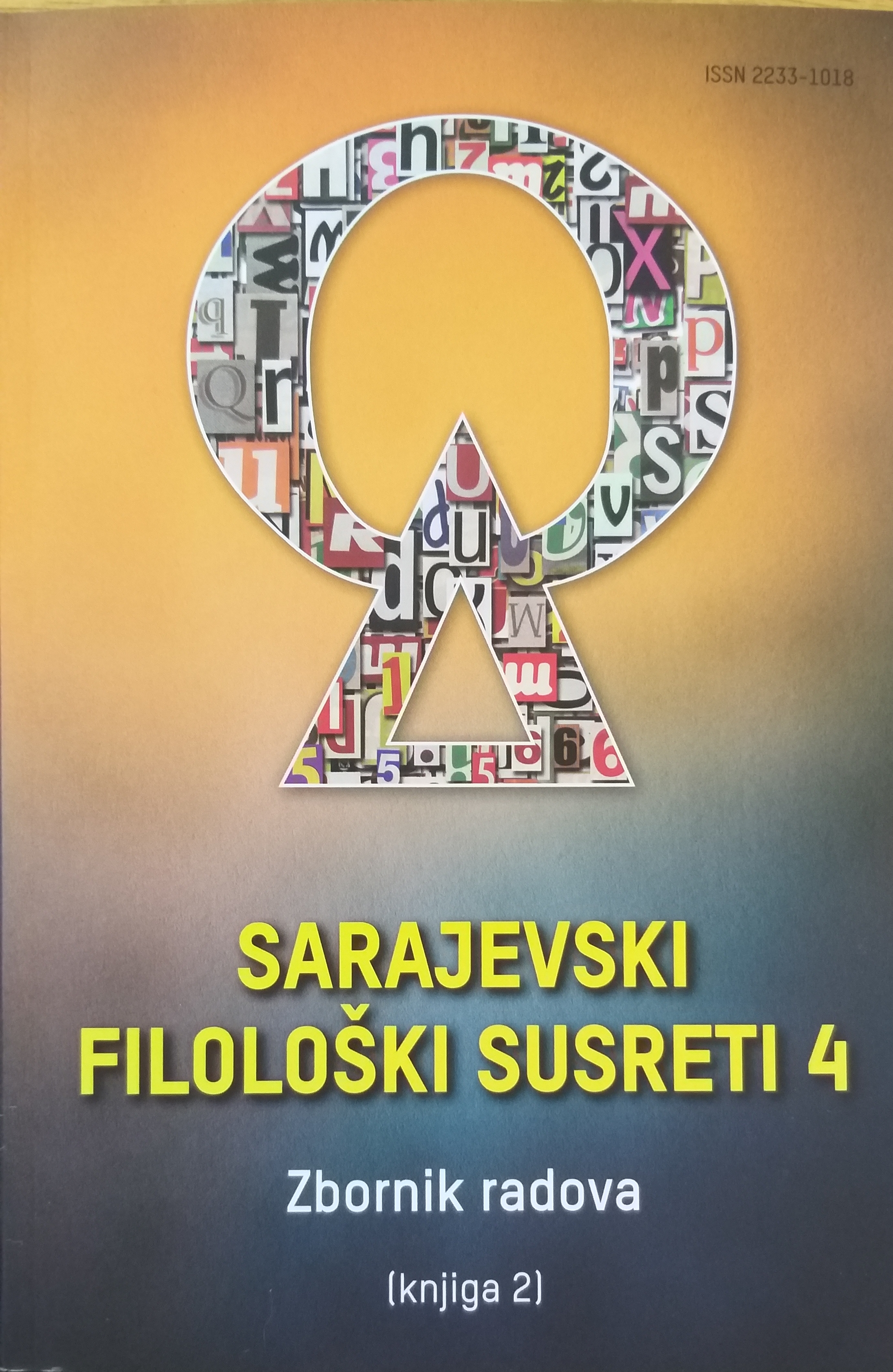Intertekstualnost, metatekstualnost i intermedijalnost u zbirci Inšallah, Madona, Inšallah Miljenka Jergovića
Intertextuality, metatextuality and intermediality in the book Inšallah, Madona, Inšallah by Miljenko Jergović
Author(s): Maja DžafićSubject(s): Bosnian Literature, Croatian Literature
Published by: Bosansko filološko društvo
Keywords: sevdalinka; intertextuality; metatextuality; intermediality; tradition;
Summary/Abstract: Miljenko Jergović is an author who pushes the boundaries of genres and who owns the ability to make a story out of just about anything. The author refers to the collection of stories Inšallah, Madona, Inšallah as an unusual ”remix” of folk songs where we get to know numerous interesting characters and experience events that are so realistic even when they seem like fairy tales. But the most exciting part is the way we travel through time. We take a journey through centuries, as if we were placed in a time machine we have all seen in children’s movies. We walk down the cobblestone road and we walk down the street, we put on “čakšire” and we put on jeans, we ride a horse and we drive a limousine. Most of the stories from this book are based on Bosnian “sevdalinka” and several of them on Croatian choir songs. In most of them we sense the presence of a folk lyrical song which was unusually transformed into prose (intertextuality). However, some of them use folk songs as an inspiration to create a completely new setting (metatextuality) while others are pointing to the cultural context of singing and playing of folk songs (intermediality). Thanks to the expert decanonization, fragmentation, indetermination, irony and familiar humour, Jergović, in an extremely modern and appealing way, managed to enliven the tradition thereby bringing it closer to a modern man.
Journal: Sarajevski filološki susreti: zbornik radova
- Issue Year: 4/2018
- Issue No: 2
- Page Range: 155-162
- Page Count: 8
- Language: Bosnian

